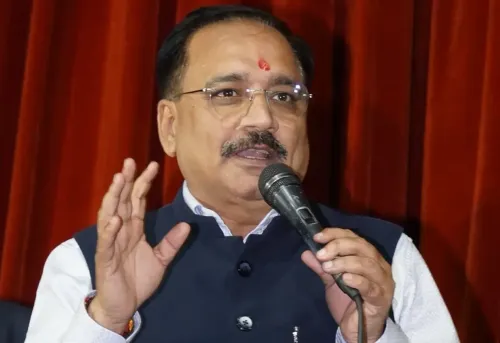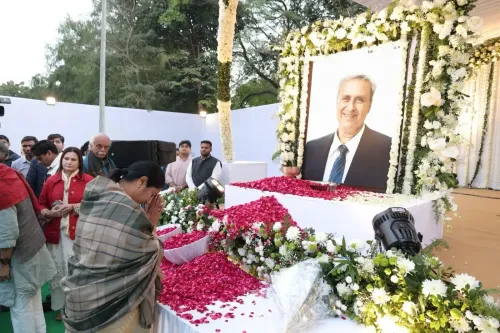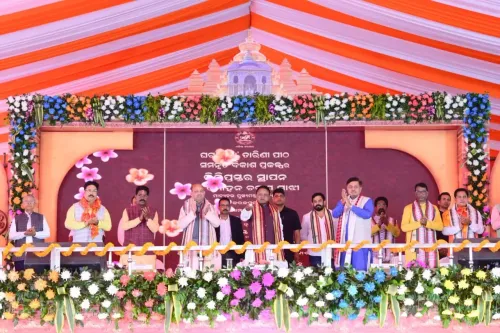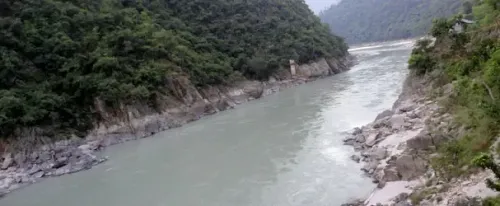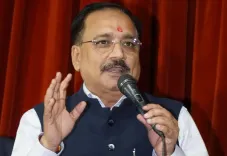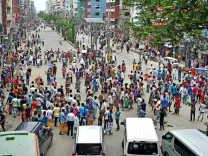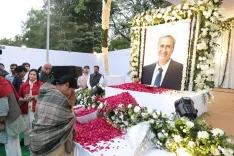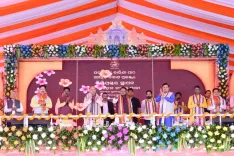Montek Singh Ahluwalia Advocates State Division for Urban Growth
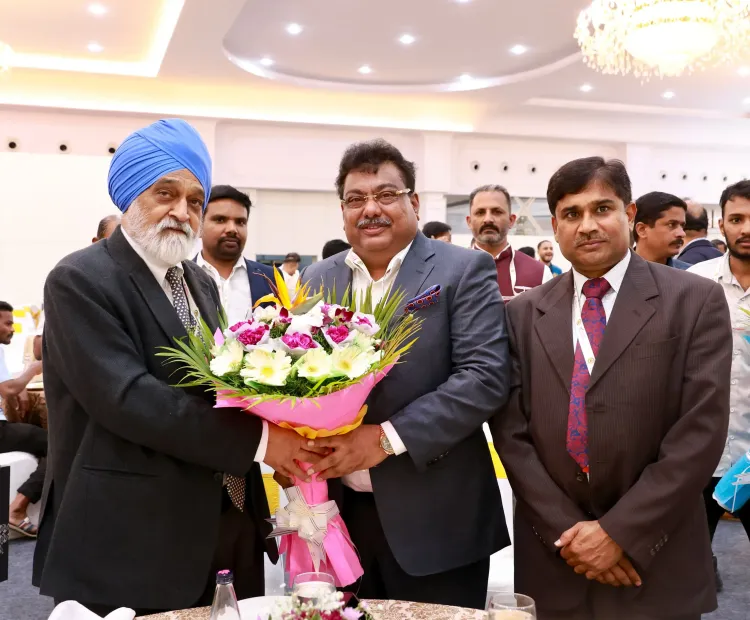
Synopsis
Key Takeaways
- Montek Singh Ahluwalia suggests splitting large states for urbanisation.
- Development of tier-2 towns into near-metros is proposed.
- Political willingness is crucial for creating new cities.
- Newly formed states tend to perform better economically.
- India faces challenges in achieving 8% growth due to geopolitical changes.
Bengaluru, Feb 12 (NationPress) Former Deputy Chairman of the erstwhile Planning Commission Montek Singh Ahluwalia on Wednesday proposed the division of large states such as Uttar Pradesh into two to three smaller entities to drive forward urbanisation.
He also recommended the development of select tier-2 towns into “near-metros”.
Ahluwalia expressed these thoughts during a fireside discussion with economist and author Salman Anees Soz on “Resilient Pathways: Charting Economic Growth Amid Global Challenges” at the Global Investors' Meet 'Invest Karnataka 2025' in Bengaluru.
“We should seriously consider cutting down many of the larger states into two or three,” he stated.
He recalled that former Chief Minister of Uttar Pradesh and BSP leader Mayawati had previously suggested this division into three new states.
“Had this been done, there would have been a political willingness instantly to create three new good cities. People have suggested similar changes in several other states. In Maharashtra, for instance, there are calls for the Vidarbha region to become a separate state with Nagpur as its capital,”
Ahluwalia remarked.
“The primary reason to consider this is that the resistance to establishing a new city, including the land acquisition involved, significantly diminishes when it is declared as the capital of a new state,” he added.
However, he admitted that such significant reforms and challenging decisions are not straightforward politically.
Ahluwalia pointed out that all states in the country are highly centralised. Yet, he noted that there is evidence indicating that the performance of newly formed states has improved.
In response to a query regarding escalating public debt, he mentioned that states have become fiscally fragile due to their debt levels in relation to revenue generation and gross domestic product.
He conveyed that the reforms needed for India to achieve an eight percent annual growth over two decades to realize the vision of 'Viksit Bharat' by 2047 have not been adequately articulated, and he identified several challenges in achieving this aim.
“Earlier in 1991, initiating reforms was easy because the world was speaking one language. We began reforms after Eastern Europe had abandoned communism… there was only one path forward—integration with the global market. Today, this has become much more complex,” he stated.
Ahluwalia noted the rise of geopolitical tensions where the US faces challenges not only with its closest allies like Canada and Mexico but also with China. Meanwhile, China is drawing closer to Russia, which is becoming increasingly dependent on China. Europeans are increasingly wary of Russia but less concerned about China.
“India is now confronted with a suddenly fragmented world. We didn’t face this issue at all in 1991. If India is to achieve an eight percent growth, the urban population will increase rapidly,”
he asserted.
“I think you must acknowledge that India will not attain 'Viksit' status if it does not significantly reduce the number of people residing in villages,” he concluded.
He emphasized that even good Gandhians should accept that this does not undermine Mahatma Gandhi's views, articulated a century ago, which may not hold true for the present day.


